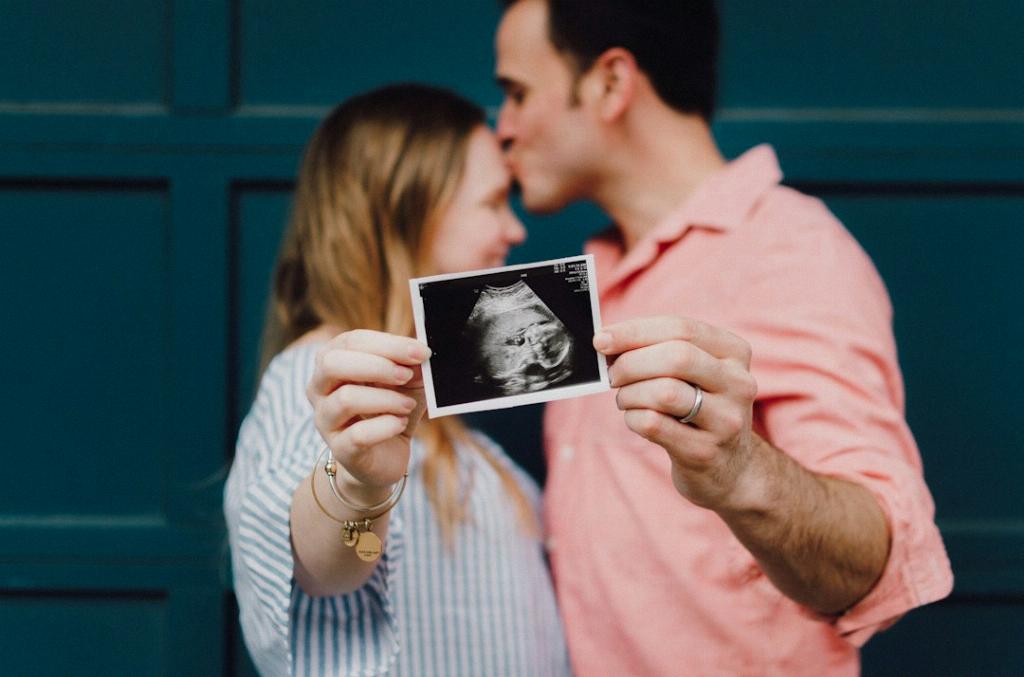When exploring the question of whether a baby can feel anything at 13 weeks of development, it’s crucial to delve into the intricate journey of fetal growth that occurs during this stage of pregnancy. At 13 weeks, the fetus has already undergone significant transformations, and key components of its sensory system are beginning to form.
The Development of Sensory Capacities
By the time a fetus reaches 13 weeks, its neurological structures are developing rapidly, laying the foundation for the future functioning of its sensory capacities. While the central nervous system is still in the early stages of development, the basic structures necessary for processing sensory information are starting to take shape.
The Maturation of Nerve Endings
At 13 weeks, the nerve endings, which play a crucial role in transmitting sensory signals, are beginning to mature. While the sensory receptors are not fully developed at this stage, the groundwork is being laid for the sensory system to become more refined and receptive to external stimuli as the pregnancy progresses.
Potential for Sensory Perception
Some researchers suggest that by 13 weeks, a fetus may start to exhibit signs of early sensory perception. While the ability to feel pain is a complex process that involves the integration of various neural circuits, there is a possibility that the fetus could respond to certain stimuli in a rudimentary manner.
Debates in the Medical Community
The question of whether a fetus can feel anything at 13 weeks has sparked debates within the medical community. While some experts argue that the neurological structures necessary for pain perception are not fully developed until later in pregnancy, others contend that the fetus may exhibit reflexive responses to external stimuli even at this early stage.
Interpreting Fetal Movements
One way to gauge a fetus’s potential ability to perceive sensations at 13 weeks is through its movements. While these movements are primarily reflexive at this stage, they could indicate a form of early sensory awareness, suggesting that the fetus is beginning to interact with its environment in a basic way.
The Role of Hormones in Sensory Development
Hormones also play a significant role in the development of the fetus’s sensory system. At 13 weeks, hormonal influences are shaping the neural pathways responsible for processing sensory information, further contributing to the fetus’s potential ability to perceive external stimuli.
Maternal Influences on Fetal Sensory Experience
The mother’s experiences and emotions can also impact the fetus’s sensory development. Studies have shown that hormonal changes in the mother can affect the fetus’s neural development, potentially influencing its sensory perceptions at 13 weeks and beyond.
Considering Individual Variations
It’s essential to recognize that each fetus is unique, and the rate of sensory development can vary from one pregnancy to another. While some fetuses may exhibit early signs of sensory perception at 13 weeks, others may take longer to reach these milestones due to individual differences in growth and maturation.
Ethical Implications and Future Research
The question of fetal sensory perception at 13 weeks raises ethical considerations regarding the potential implications for prenatal care and medical interventions. Future research in this area will continue to shed light on the complexities of fetal development and its implications for maternal and child health.
Conclusion
In conclusion, the question of whether a baby can feel anything at 13 weeks involves a nuanced understanding of fetal development, sensory processes, and individual variations in growth. While the debate continues in the medical community, ongoing research will further elucidate the intricate journey of prenatal sensory development and its significance for maternal and fetal well-being.

